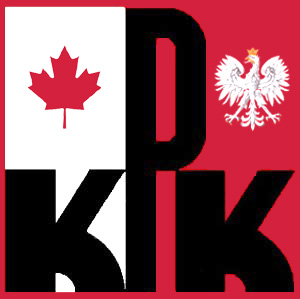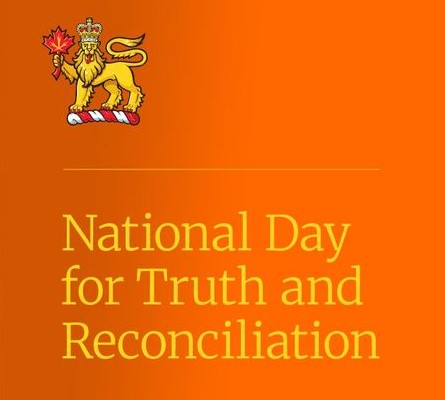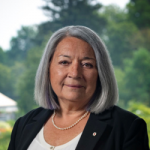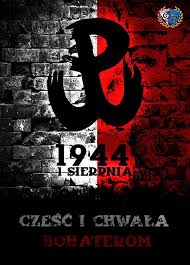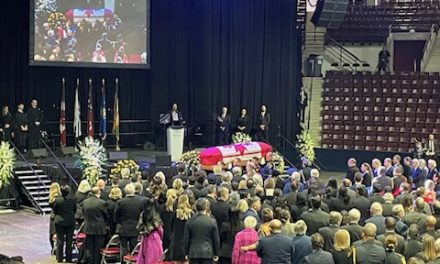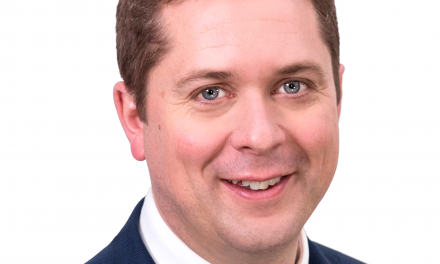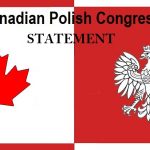September 29, 2021
OTTAWA, Ontario—As we mark the first National Day for Truth and Reconciliation, I think back to how my childhood shaped me. How so many in our community, and thousands more Indigenous children across Canada, were ripped away from their homes, separated from their families and sent to residential schools, where they were not allowed to speak their languages or honour their cultures, and were punished if they did.
As the child of a white father and an Inuk mother, I was not allowed to attend. I stayed behind, home-schooled, and visited families where there was a palpable void. I was a stand-in, a well-loved substitute, for mothers and fathers who desperately missed their children.
We all felt it. The sorrow of missing a part of our community.
Since the launch of the Truth and Reconciliation Commission of Canada and the publication of Calls to Action—and more recently, with the discoveries of unmarked graves of residential school children—Canada’s real history has been laid bare. The legacy of colonization has had devastating repercussions for Indigenous peoples, including the loss of language, culture and heritage. This pain has been felt from generation to generation, and it continues today.
These are uncomfortable truths, and often hard to accept. But the truth also unites us as a nation, brings us together to dispel anger and despair, and embrace justice, harmony and trust instead.
Reconciliation is a way of life, continuous, with no end date. It is learning from our lived experiences and understanding one another. It is creating the necessary space for us to heal. It is planting seeds of hope and respect so that our garden blooms for our children.
As we strive to acknowledge the horrors of the past, the suffering inflicted on Indigenous peoples, let us all stand side-by-side with grace and humility, and work together to build a better future for all.
Mary May Simon
